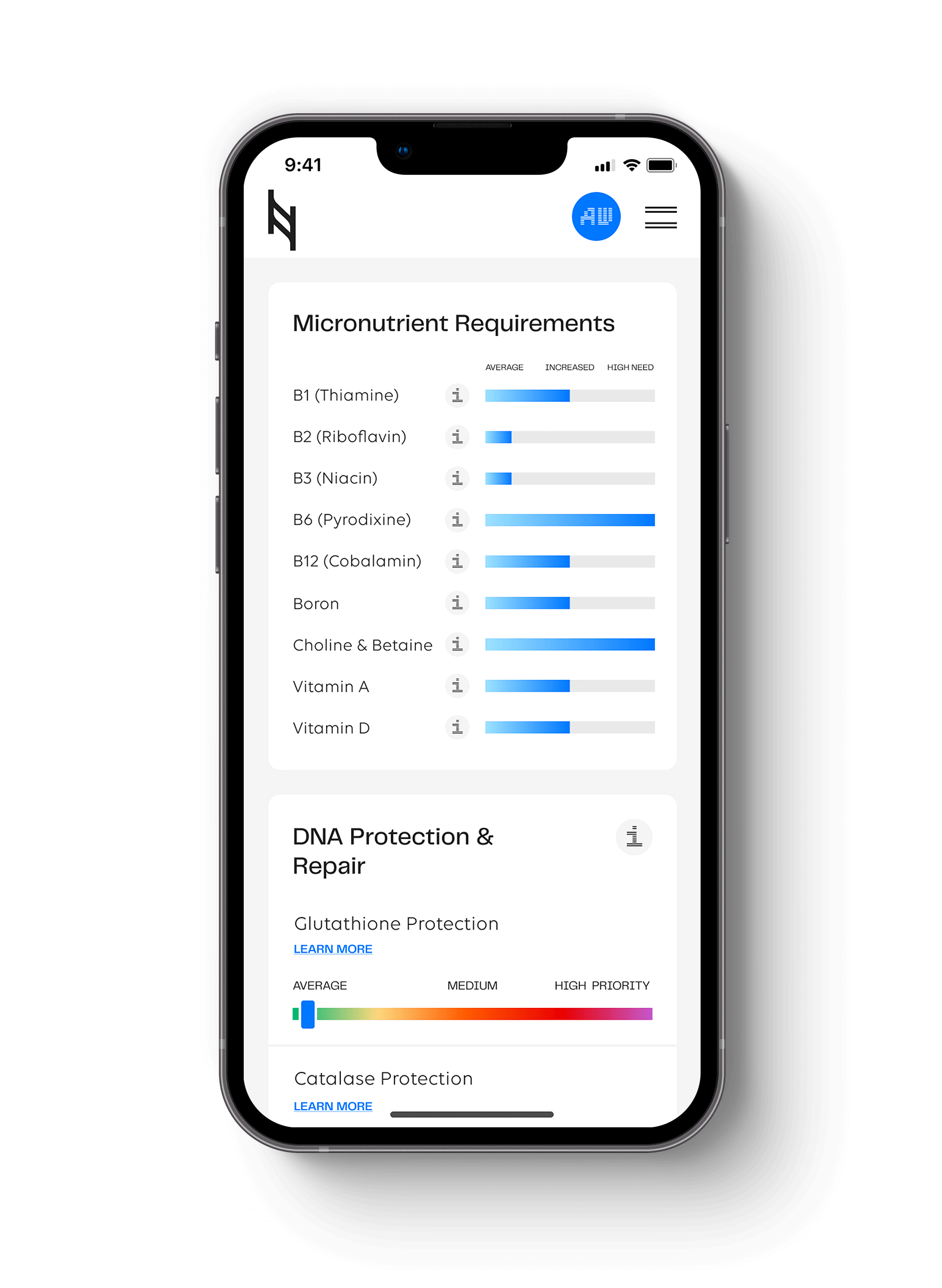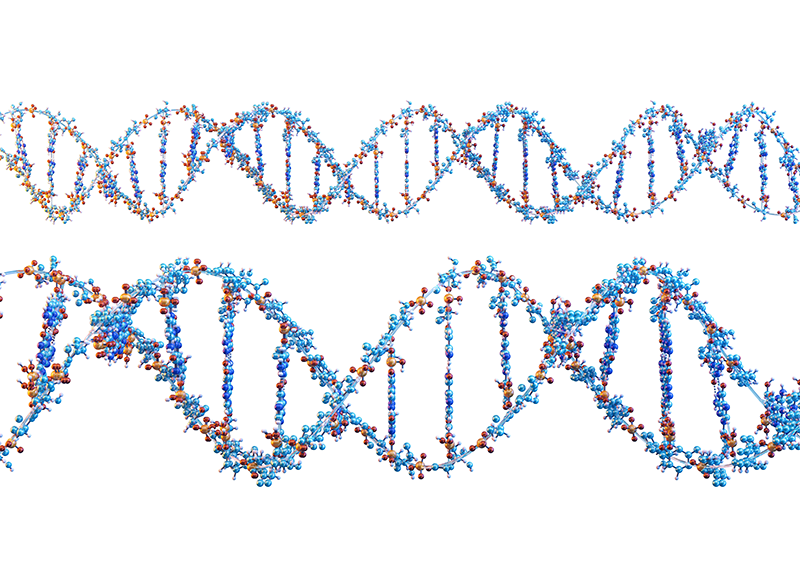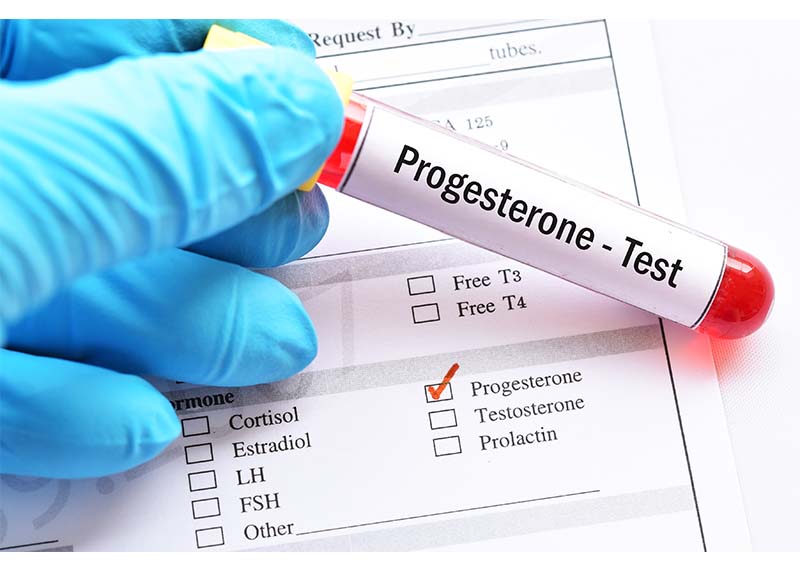Published research shows that approximately 30-40 percent of the general population have variants in the celiac disease risk HLA genes, yet only 3% of these individuals develop celiac disease.
While the HLA genes are used as part of the diagnosis for celiac disease, it has been concluded that variants in HLA cannot alone determine celiac disease. Therefore, when reviewing the module for celiac disease risk, patients need to understand that further testing is required.
What about HLA and non-celiac wheat sensitivity? There is currently scant research about the genetic make-up of non-celiac wheat sensitivity. A 2020 study titled “Beyond the HLA Genes in Gluten-Related Disorders” explored the potential connections.
The researchers found that the HLA celiac risk variants are in about 40–50% of non-celiac wheat sensitivity patients, a percentage slightly above the prevalence of the general population. This suggests that HLA has minor relevance or potentially no relevance in the development of non-celiac wheat sensitivity.
While genotyping for non-celiac wheat sensitivity genes is not yet available, the nutrigenomic research field is beginning to explore potential SNPs. Hopefully, these genes will be determined in the future.
To learn more about the causes of gluten sensitivity, please read our article Is Gluten Intolerance Genetic? The answer may surprise you.
Hit your health goals faster
We'll help you remove the guesswork
Experience the most advanced nutrigenomic test available, covering 100 clinically relevant genes for a "whole body" analysis. Take control of your health today.
$359























